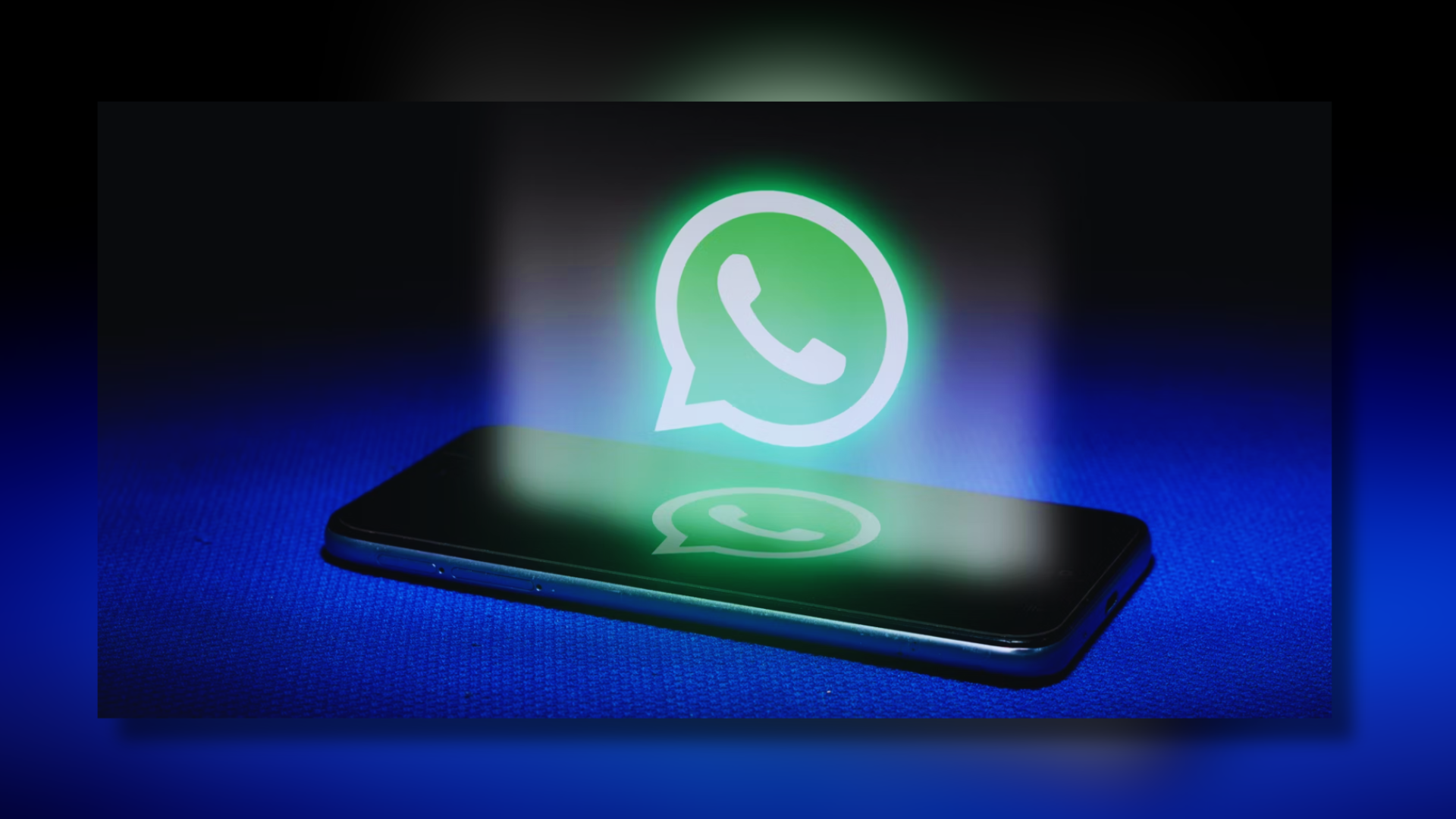


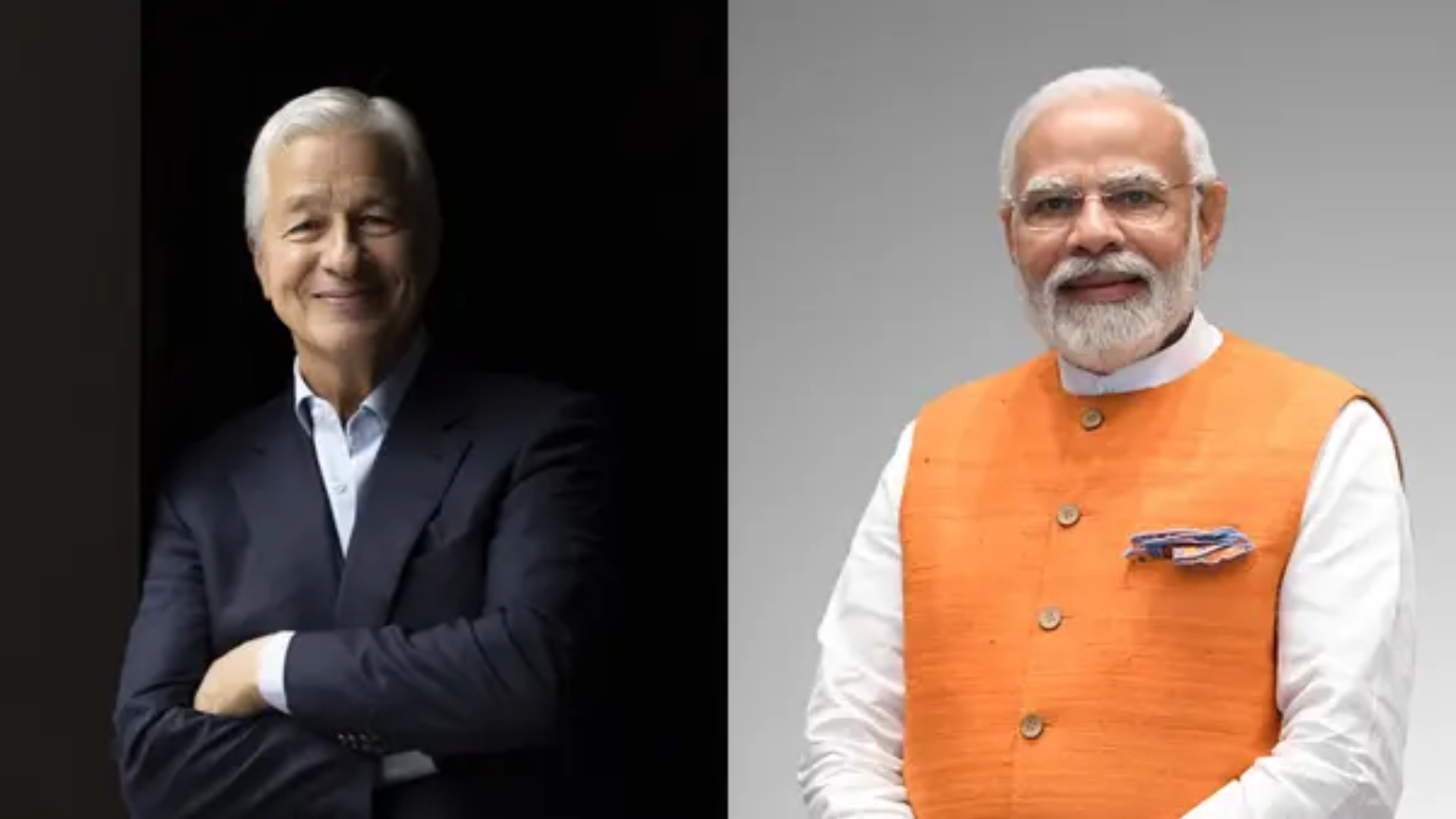
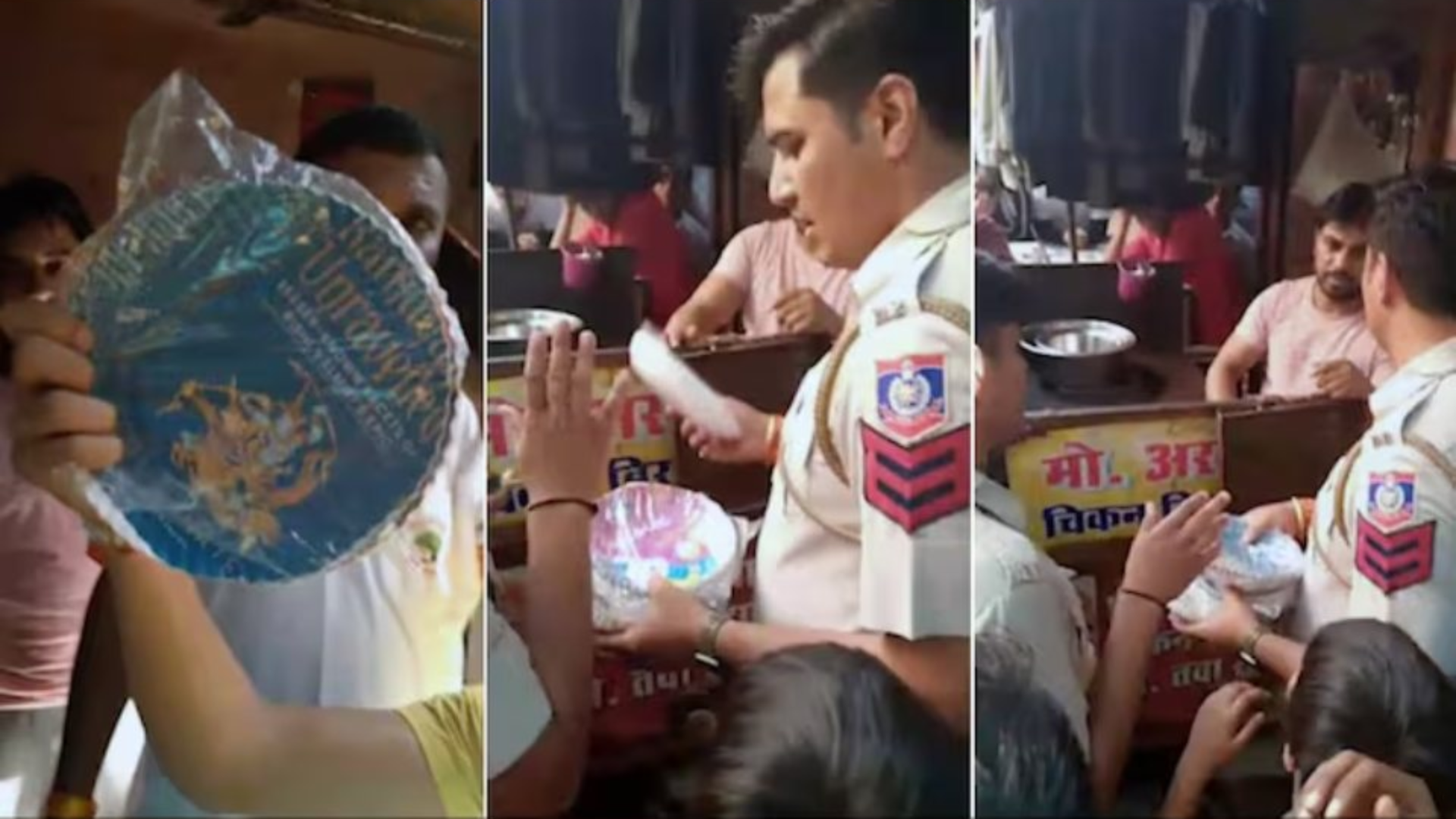
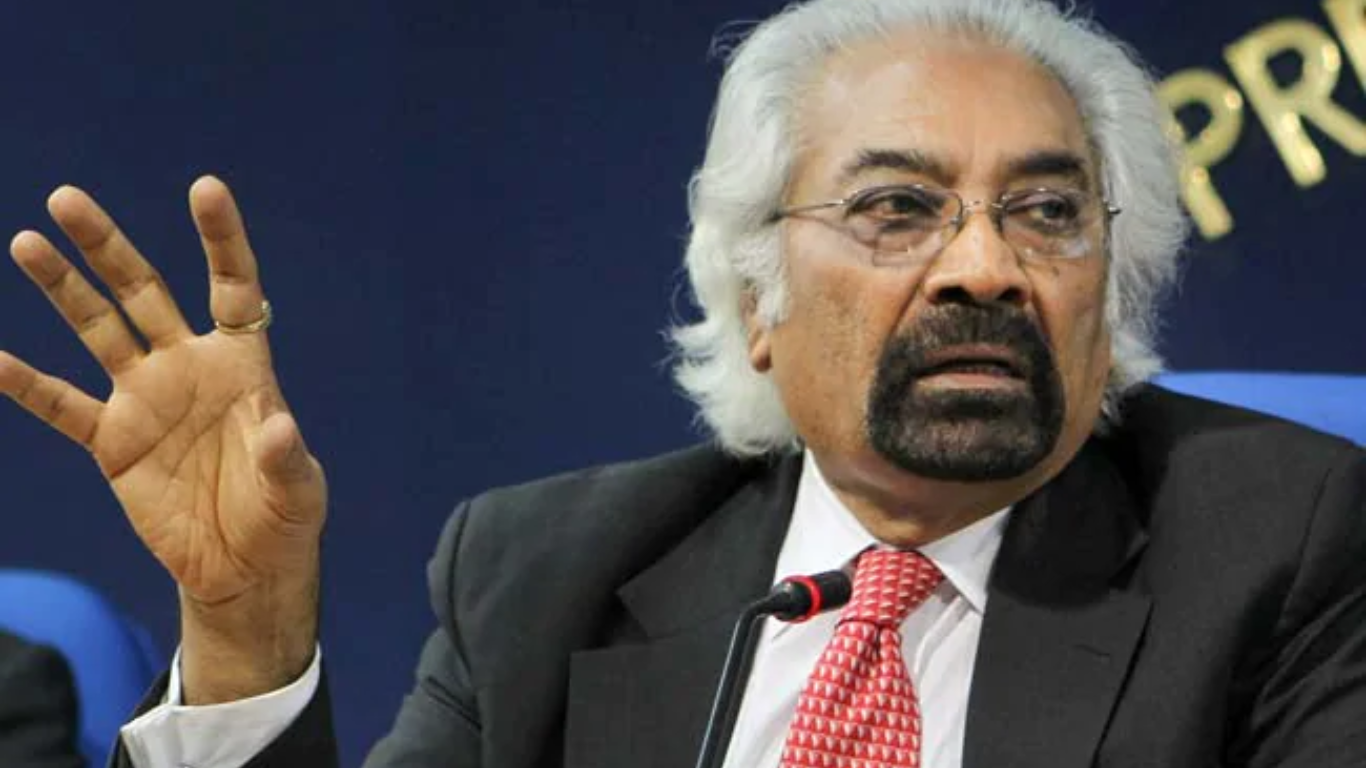

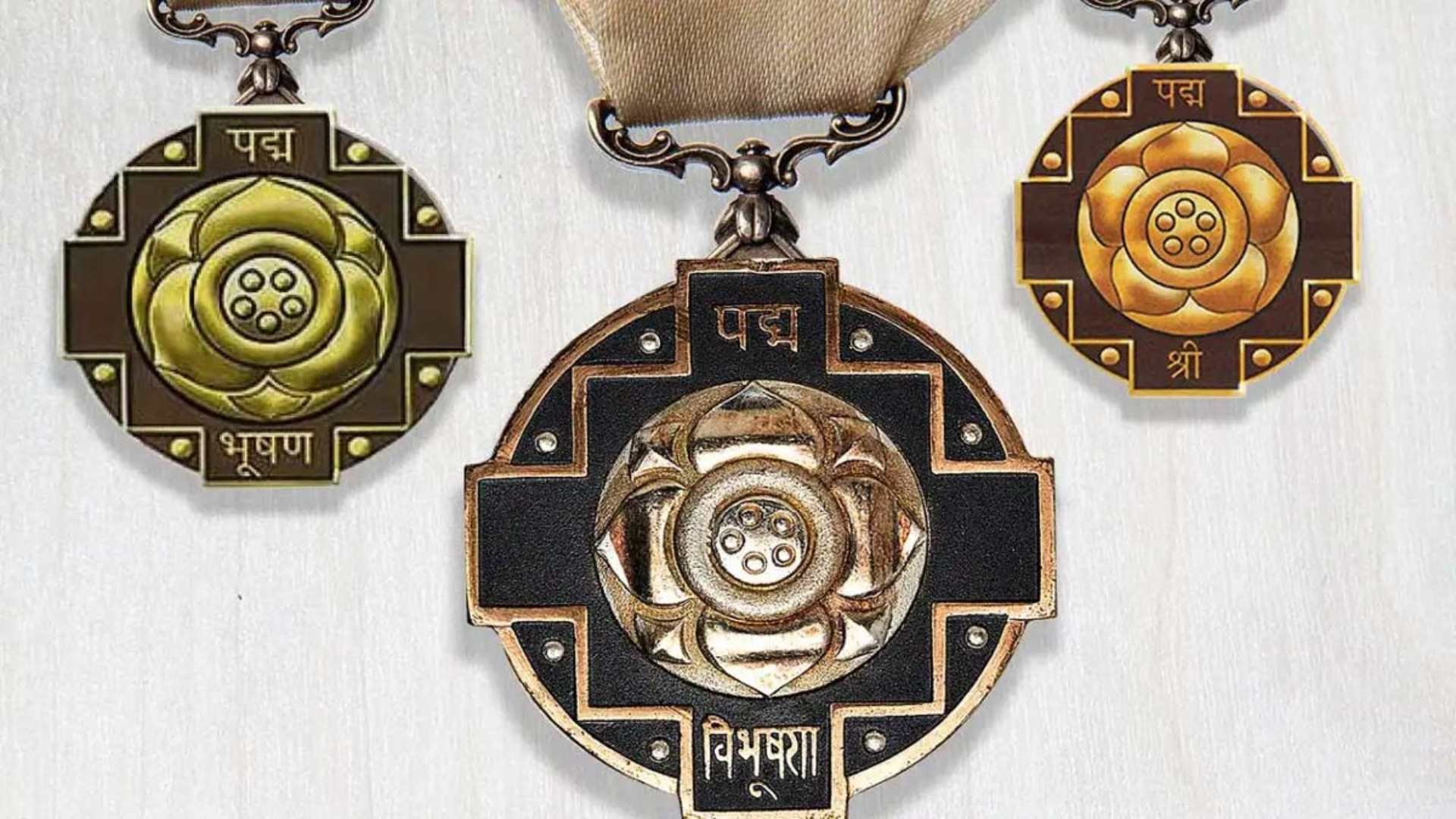
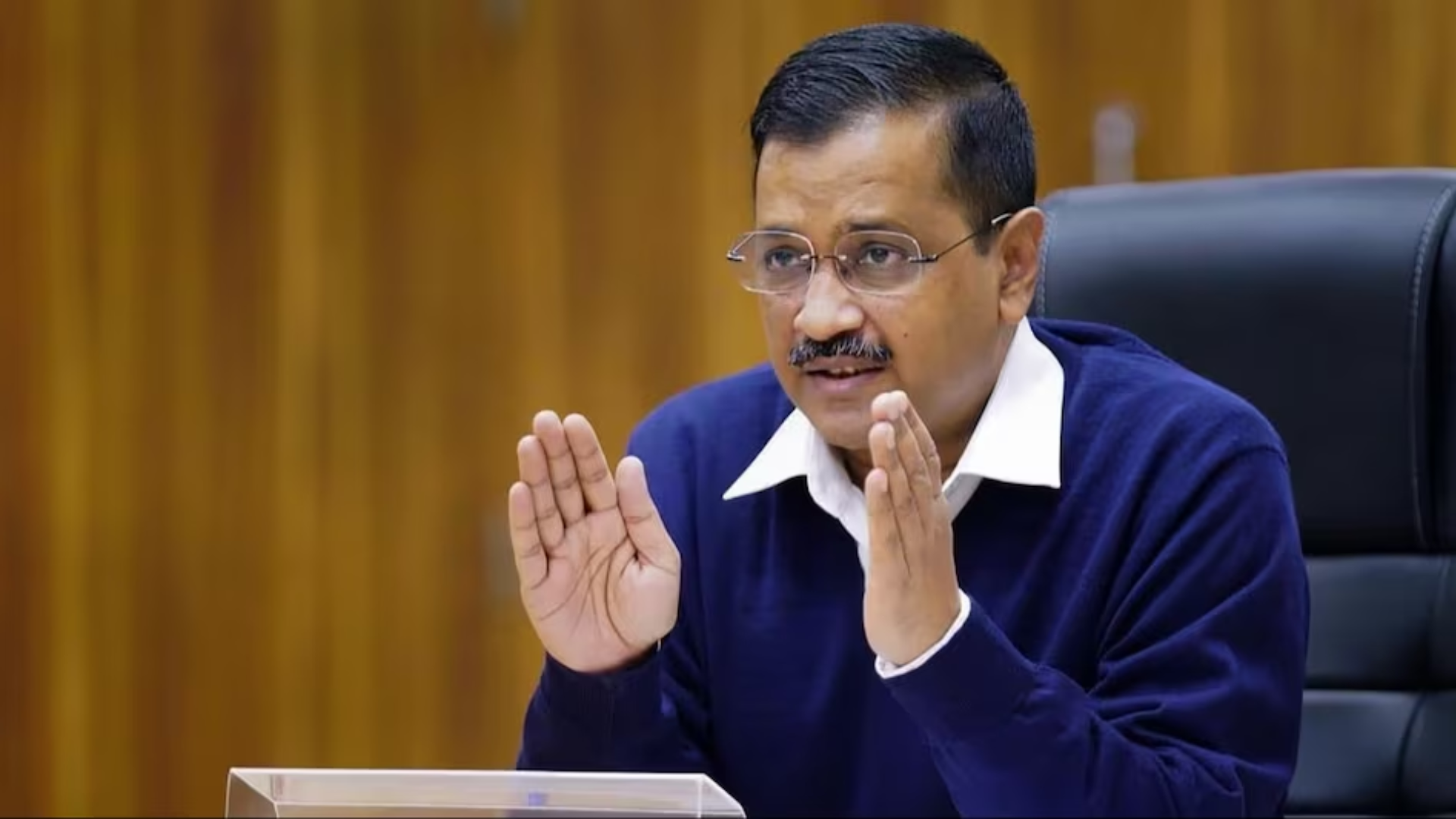
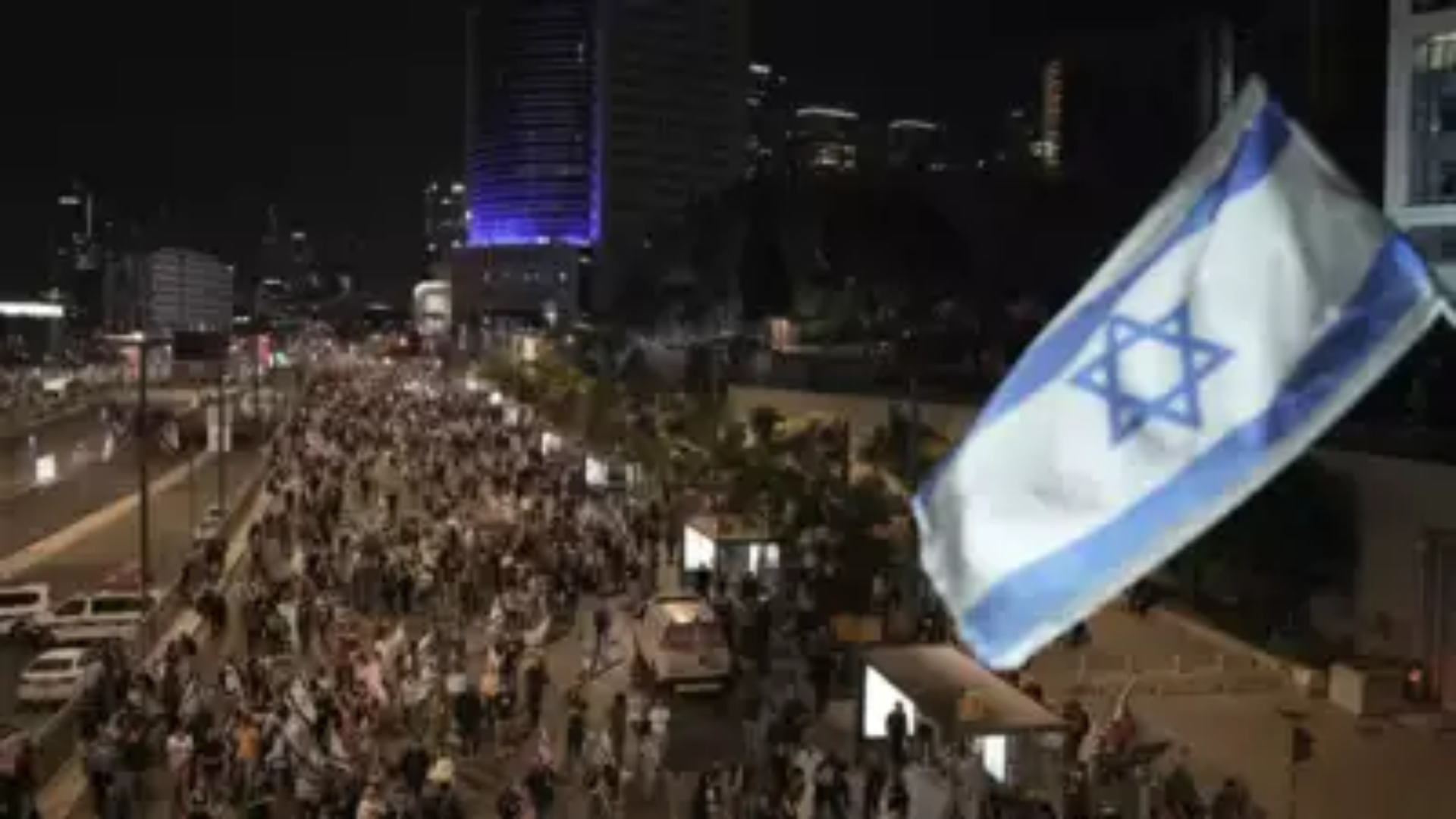

Delhi Crime Branch nabbed a group involved in the manufacture of phoney life-saving cancer medications on Tuesday.
Two engineers, a doctor, and an MBA have been detained in this case, according to Special Commissioner of Police, Crime Branch, RS Yadav. Three additional suspects have escaped, and a hunt is underway to apprehend them as soon as possible, he added.
“An international fake drug manufacturing racket was busted and 7 persons, including 2 engineers, a doctor and an MBA, were arrested. The accused were involved in manufacturing fake life-saving cancer drugs. A factory in Sonipat, Haryana and a godown in Ghaziabad were busted,” Yadav said.
According to the police, they found fraudulent medications worth Rs 8 crore.
The scam, according to the authorities, has been in existence for the previous 3-4 years.
“We’ve recovered fake medicines priced at Rs 8 crore in the market. The racket was operational for the last 3-4 years. It shifted locations at least twice, but we kept tracking them. At least 3 more persons involved in this racket are absconding and efforts are on to catch them at the earliest,” the Special CP, Crime Branch said.
On November 14, Delhi Police’s cyber crime wing caught a gang involved in an online, pan-India Ola electric scooty fraud, arresting all 20 gang members from various areas of the nation, including Bengaluru, Gurugram, and Patna, according to Deputy Commissioner of Police (Outer North) Devesh Mahla.
According to the DCP, the gang defrauded over 1,000 people online of lakhs of rupees by claiming to sell them electric scooters.
The gang takedown occurred after a comprehensive investigation following the filing of a first information report (FIR) on October 8 under Section 420 of the IPC.
The FIR was filed in response to a complaint received by the cyber police station on October 7, according to the DCP. According to the authorities, the gang’s method was for two people in Bengaluru to create a phoney website for Ola scooters.
According to the authorities, the gang used to target unsuspecting people who seek for Ola scooters and wish to learn more about them on the internet.
They stated that as soon as they published their information to the internet, both Bengaluru guys would share their telephone numbers and other details with their gang members in other states.
Following that, gang members from Bihar and Telangana phoned the victims and instructed them to deposit Rs 499 online in order to rent an Ola scooter, they claimed. The gang members then demanded that the victims deposit Rs. 60,000 to 70,000 in the guise of insurance and scooty transportation expenses.
According to his complaint, the complainant attempted to reserve an Ola electric scooter using the Ola app on September 26 because it was the only method to purchase it. He was, however, unable to complete the process.
On the same day, he received a call from someone claiming to represent Ola electric scooter, who outlined the offline procedure to him, according to police, who said that the next day, he received another call from the same person instructing him about the booking process, which cost Rs. 499.
He paid that money using the PayU app, and in exchange, the caller emailed him a phoney booking confirmation paper, according to the complainant. The next day, he received an email outlining all funding choices, and based on his advice, the complaint chose Ola Money for financing. Then he produced a Rs. 30,000 down payment link, which was received using the PayU app on WhatsApp, according to the allegation.
According to the loan plan, the complainant agreed to pay Rs. 30,000 as a down payment and the remainder amount in simple monthly instalments (EMIs).
The complainant further alleged that he received an email in which the sanctioned amount was indicated as Rs. 72,000 and the remainder was due to him. He spoke with that individual again after receiving the email, and she advised that he pay the remaining money.
At this point, the complainant stated that he agreed to pay the sum and requested that the transfer procedure begin.
Following that, the caller called the complainant and informed him that the two-wheeler would be dispatched that day, but he would have to pay the remaining amount as well as an additional Rs 13,000 as delivery charge. After receiving the complaint, the cyber crime cell launched an investigation and eventually busted the gang.







